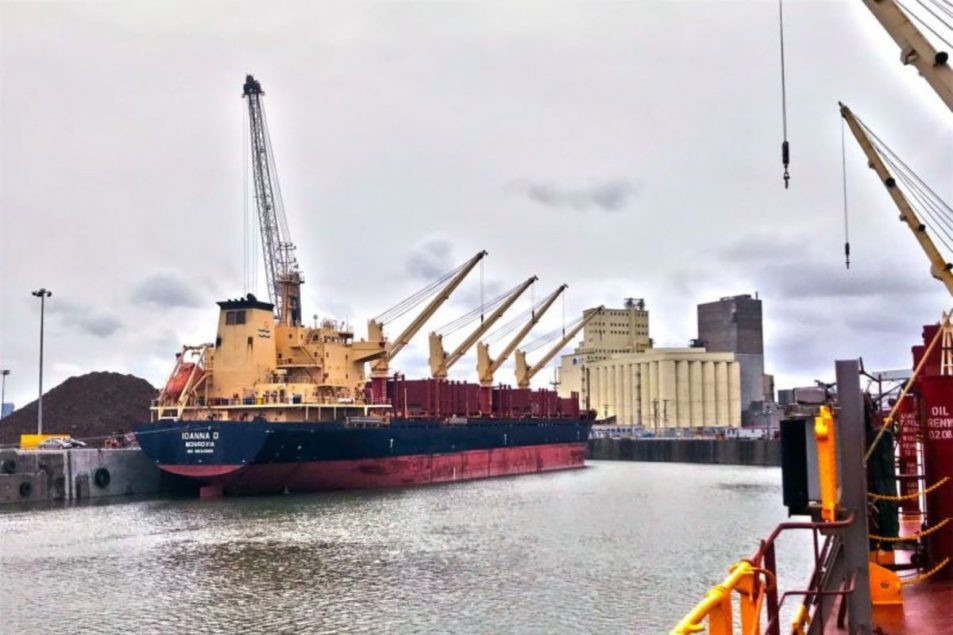Canada Invests in Kingston's Critical Minerals Recycling Technology
The federal government is making significant investments in Kingston, Ontario's technology sector, specifically focusing on battery development and rare earth element recycling. This commitment is part of a broader strategy to build a strong domestic supply chain for clean technologies, supporting goals to reduce greenhouse gas emissions by 40% to 45% by 2030 and reach net-zero emissions by 2050.
Canada is investing C$8.4 million ($6.2 million) in critical minerals recycling technology at two companies in Kingston, Ontario, to support the electric vehicle supply chain. This investment is a part of the critical minerals research, development and demonstration program, aimed at developing a circular economy for rare earth elements used in permanent magnets and recycling graphite for use in lithium-ion batteries in Canada.
Cyclic Materials & Green Graphite Technologies
Cyclic Materials (CM) is receiving C$4.9 million to build a demonstration plant that will produce high-purity rare earth oxide and a cobalt-nickel hydroxide product from recycled materials. Green Graphite Technologies (GGT) will receive C$3.5 million to advance its GraphRenew technology, which transforms used graphite into a material that can be reused. This upgraded graphite will undergo testing for use in electric vehicles and other battery-powered technologies.
Addressing Supply Chain Gaps
By focusing on recycling and upgrading graphite, GGT's project could address gaps in the battery supply chain and support the commercialization of recycled materials. The federal government's support for these two Kingston companies is part of the campaign to wrestle more of the critical metals market away from China, which currently dominates the sector.
A Boost for Kingston's Clean Technology Leadership
Member of Parliament for Kingston and the Islands Mark Gerretsen announced the investments on behalf of the Minister of Energy and Natural Resources, noting that the projects will strengthen Kingston's role as a leader in clean technology.
“New technologies will help address gaps in our world-leading supply chain, seize the economic opportunity presented to us, keep Canadian industry competitive in a rapidly evolving global context, and create jobs — now and for future generations. This is important news for Kingston, and beyond,” Minister of Energy and Natural Resources Jonathan Wilkinson said in a statement.
Fostering Economic Growth & Job Creation
The federal government has set the stage by allocating nearly $4 billion in Budget 2022 through Canada’s Critical Minerals Strategy. This strategy will create jobs, economic growth, and advance reconciliation with Indigenous Peoples. The government's commitment to supporting these critical minerals projects highlights the importance of investing in clean technologies, creating a sustainable future, and ensuring Canada's global competitiveness.
The Future of Critical Minerals
The investments in Cyclic Materials and Green Graphite Technologies are just the beginning. The federal government is committed to continuing to support the development of critical minerals recycling technologies, which are essential for building a sustainable future. This is a significant investment that will have a lasting impact on Kingston, Ontario, and the entire country.
A Global Leader in Clean Technology
Canada is positioning itself as a global leader in clean technology, investing in the development of innovative technologies, and creating a more sustainable future. These investments in Kingston's critical minerals recycling sector are a testament to this commitment. By supporting these companies and their groundbreaking work, Canada is taking a bold step towards a cleaner, more prosperous future.

















